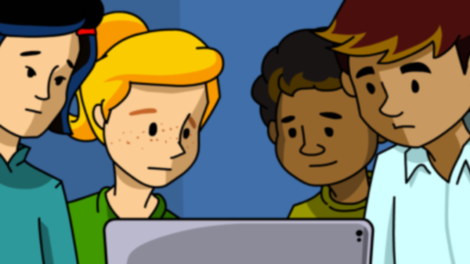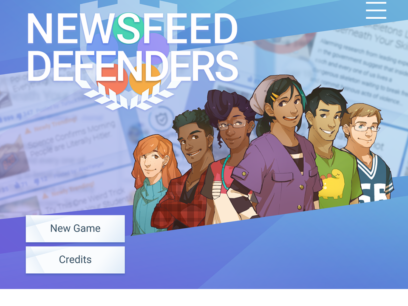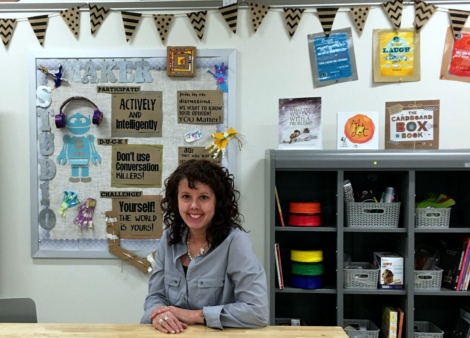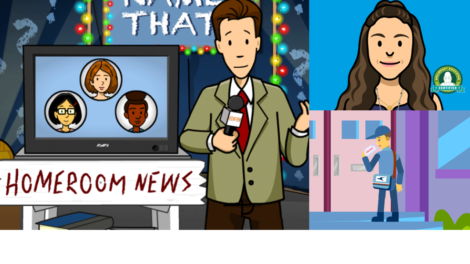
BrainPOP & iCivics: Building Media Literacy Skills
Posted by jglassman on
It’s no secret that your students spend much of their time using social media and digital platforms! Make the most of National Media Literacy Week (October 21-25) by designing lesson plans that help your students understand how to responsibly create, access, analyze, and evaluate all types of media they encounter.
Media literacy skills will be especially relevant in the coming year, as the 2020 presidential election picks up steam and becomes a major focus of public dialogue and the media. To help you get started, we have compiled a few of our top media literacy-related resources.
Explore BrainPOP’s Media Literacy
Your students are constantly bombarded with complex messages, often intended to persuade or manipulate. BrainPOP’s Media Literacy topic prepares them with the tools to become smart and savvy media consumers.
*Teaching Support: Media Literacy Lesson Ideas
*Webinar: Navigating the Noise: Media Literacy
This pre-recorded webinar focuses on teaching skills students need to interpret our media-saturated world. Topics range from the power of corporate influence to cultural bias, and gives a peek into the process BrainPOP uses when constructing its own digital media.
Play the iCivics Game NewsFeed Defenders
iCivic’s NewsFeed Defenders game engages players with the standards of journalism, modeling how to spot a variety of methods behind the viral deception we all face today.
*Students join a fictional social media site featuring news and information. The object is to level up from guest user to site admin, which they achieve by identifying dubious posts that try to sneak in through hidden ads, viral deception, and false reporting. Beyond maintaining a high-quality site, students are tasked with growing the site’s traffic while keeping the posts on topic.
*Teaching Support: Manage Social Media Lesson Plan, Newsfeed Defenders Game Guide.
Extend the Learning
- Invite local journalists to class to share their experiences as reporters. Have them describe how false news and viral deception have affected their profession.
- Ask students for examples of “bad posts” from their own social media experiences, and invite them to use the rules of the game to identify problematic elements.
We hope these resources help you with your planning and make learning about Media Literacy fun and easy. If you use any of these resources, let us know by tagging @BrainPOP and @iCivics on Twitter.

















